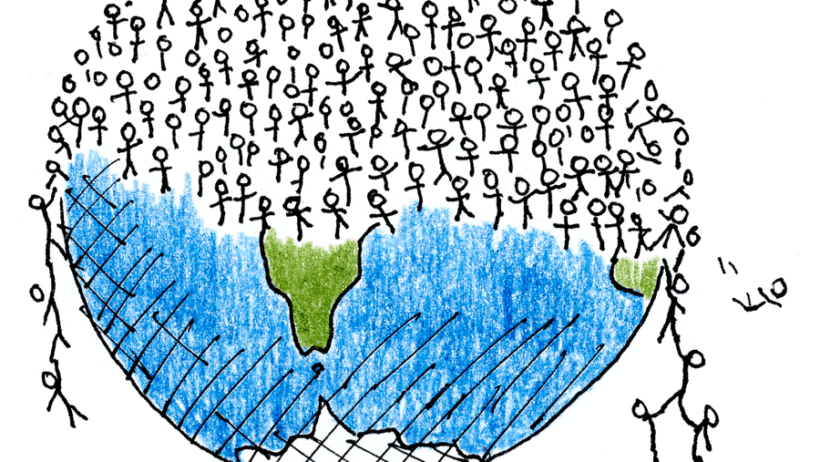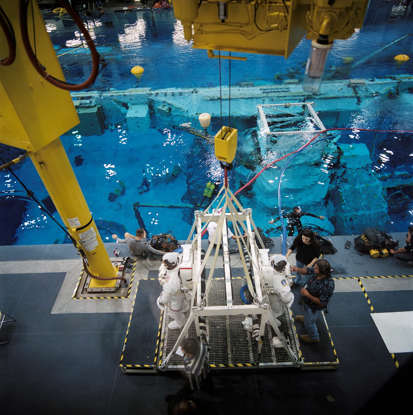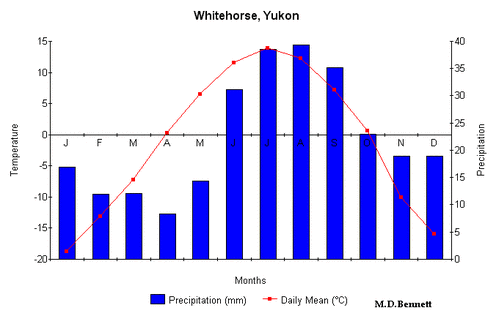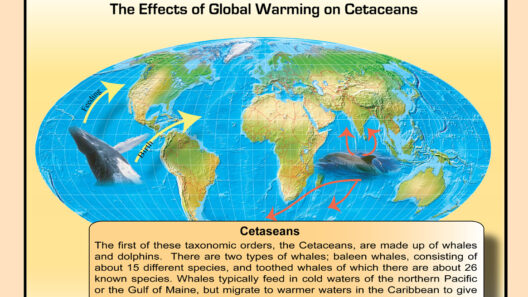Global warming is an existential challenge that presents unique pressures on nation-states. As average global temperatures rise, the implications of climate change reverberate across geopolitical landscapes, altering power dynamics and eroding traditional notions of sovereignty. This article delves into the multifaceted effects of global warming on nation-states, examining how climate change consolidates power, reshapes alliances, and creates emergent forms of governance.
The warming of the planet is not merely an environmental crisis; it is a catalyst for political upheaval. Rising sea levels threaten coastal cities, displacing millions of inhabitants. As nations grapple with the overwhelming influx of climate refugees, the pressure mounts on governments to respond effectively. Failure to respond can lead to domestic unrest or, in extreme cases, state failure. A notable example includes the ongoing strife in regions like the Middle East and Sub-Saharan Africa, where droughts and resource scarcity have exacerbated existing tensions.
Concurrently, climate-induced migration creates a power disparity between countries. Wealthier nations, often with more resources to allocate for adaptation and resilience, can consolidate their power by implementing restrictive immigration policies. This raises ethical dilemmas concerning responsibilities toward displaced populations. Consequently, the geopolitical landscape morphs into one where economic capability and humanitarian obligations collide.
As temperatures rise, so do the stakes over natural resources. Water is becoming an increasingly scarce commodity due to prolonged droughts and erratic weather patterns. This scarcity engenders competition among states, particularly in regions where freshwater sources cross borders. Nations may resort to diplomatic negotiations to secure water rights, but tensions can escalate into conflict if unaddressed. Notably, the Nile River basin is a prime example where upstream and downstream nations have engaged in contentious negotiations over water access. Climate change thus not only intensifies existing rivalries but also sparks new territorial disputes based on resource access.
These dynamics lead to emergent forms of governance, with states implementing centralizing measures to manage resource scarcity. Governments may adopt authoritarian policies under the guise of “climate emergency,” consolidating power by controlling access to diminishing resources. In democratic states, this may involve expanding governmental powers to oversee the adaptive response to climate change. These developments prompt critical discussions regarding the balance between civil liberties and state power, as well as the implications for democratic governance.
Power consolidation is evident within the framework of international relations as well. Countries that invest in advanced green technologies and sustainable infrastructure may find themselves at an advantageous position. They become leaders in green innovations, providing energy solutions and environmental practices for nations struggling to adapt. This technological hegemony not only affords economic benefits but also translates into soft power, granting nations the ability to influence global policy directions through climate diplomacy. Major players like the European Union and China are jockeying for leadership in this new green economy, reshaping international alliances and shaping global governance structures.
Moreover, crisis has often been a harbinger of collaboration. Paradoxically, the urgency of climate change can foster unprecedented alliances among nations. For instance, small island nations, disproportionately affected by rising sea levels, have united in advocacy for international climate agreements. Their collective strength, rooted in shared suffering, amplifies their voices in negotiations with larger powers. This can alter global power structures, with newly empowered coalitions advocating for action that was previously neglected or marginalized.
In addition, the militarization of climate change response has become increasingly pronounced. The U.S. military and other armed forces worldwide recognize that climate change poses national security risks. Access to resources, instability from climate-induced migration, and potential conflicts over water and land further complicate global security dynamics. Consequently, military strategies are evolving to incorporate environmental considerations, fundamentally altering defense policies and creating a nexus between climate issues and national security.
The economic repercussions of global warming also play a vital role in consolidating power among nation-states. As economies shift towards sustainable practices, entities that can adapt rapidly gain an upper hand. Countries rich in renewable resources, such as wind and solar energy, can leverage their assets to emerge as economic powerhouses. Consequently, energy transitions not only mitigate climate impacts but also redefine economic hierarchies on the global stage, concentrating resources and influence in favorable regions.
Furthermore, as global warming advances, the attenuation of biodiversity undermines ecological resilience and threatens food security. Agricultural systems face adaptation challenges, compelling governments to invest in research and technology. States that can innovate and sustain food production gain strategic advantages over those that struggle to adapt. This technological race emphasizes not only agricultural sustainability but also the geopolitical ramifications that accompany food security in a warming world.
The intricate interplay between global warming and national power is undeniably complex. Nation-states are forced to navigate a labyrinthine environment where resource scarcity, displacement, and environmental degradation intersect with power dynamics. The consolidation of power may manifest through centralizing governance, international alliances, or military preparedness. As we forge ahead into an uncertain future, understanding these dynamics will be pivotal for fostering resilient societies capable of confronting the myriad challenges posed by climate change.
In essence, global warming presses nation-states to re-evaluate their strategies, alliances, and governance frameworks. It challenges traditional paradigms of power, creating both conflict and collaboration as states respond to unprecedented pressures. The actions taken today will undoubtedly shape the geopolitical landscape of tomorrow, underscoring the urgent need for adaptive, equitable, and collaborative solutions to navigate the perils of climate change.








